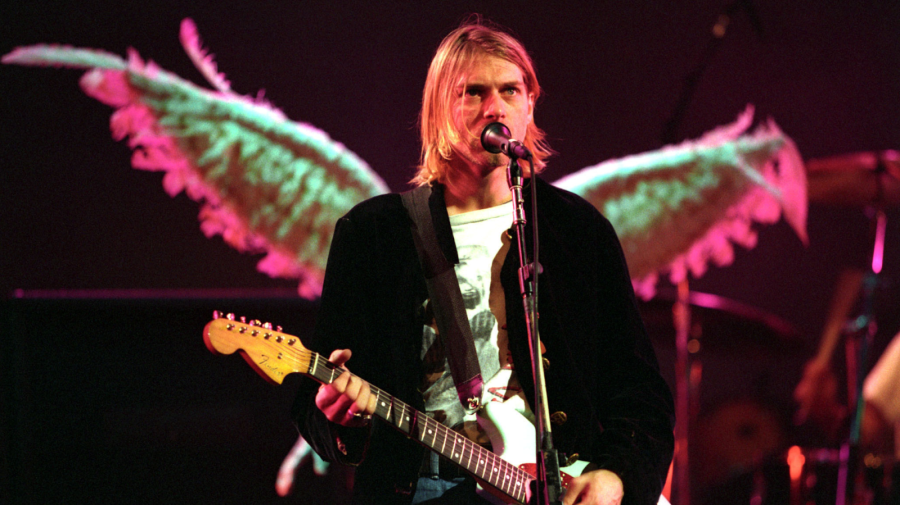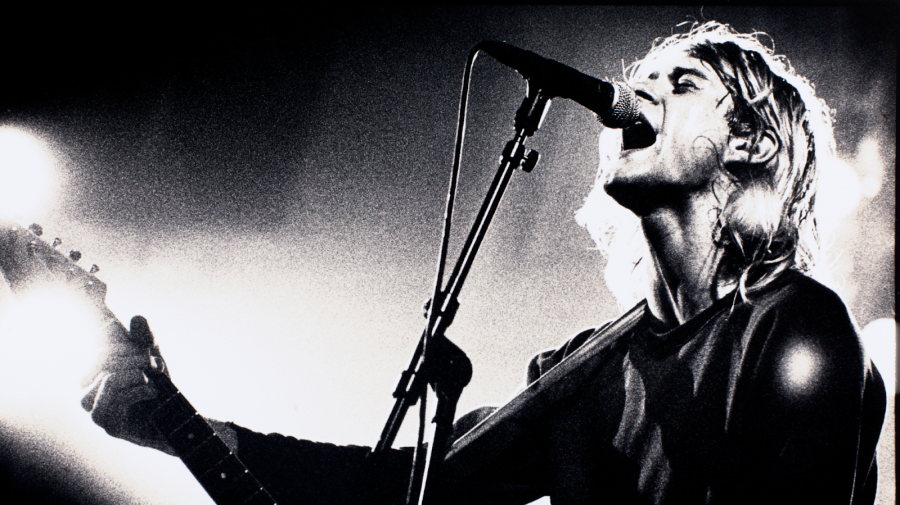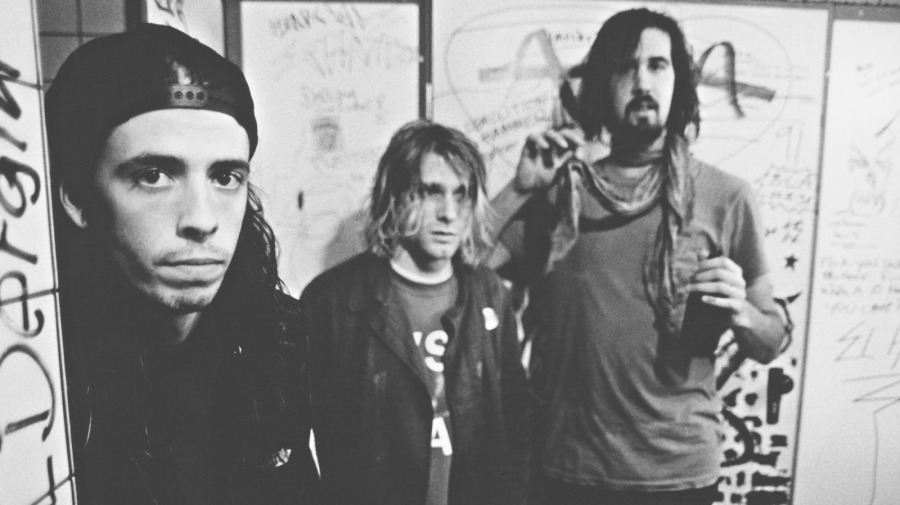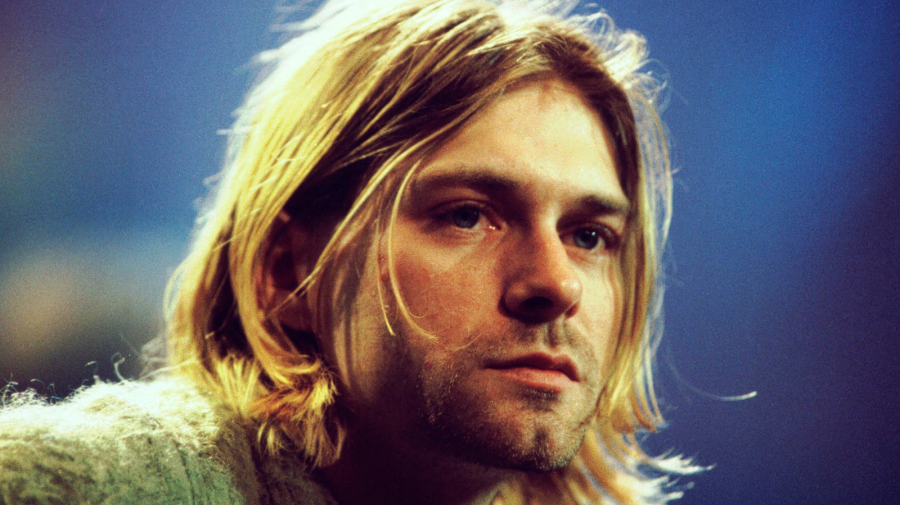
American rock musician, singer, songwriter and artist Kurt Cobain rose to fame as the frontman for Nirvana, a rock band that’s synonymous with the grunge-style music of the 1990s. For fans, Cobain represented something special; he went against the grain, and was refreshingly honest, even when it was painful.
Tragically, he died in 1994, at just 27 years old, leaving a real void not just in the grunge scene, but in the music landscape as a whole. Here, we’re taking a look at how his music impacted — and continues to influence — music lovers around the world.
“Come as You Are” Tackled the Authenticity Head On
Kurt Cobain was a complicated person. An outsider, he felt comfortable and at ease around unpretentious strangers. He used this experience to write “Come As You Are”, the third track and second single from Nirvana’s second studio album, Nevermind.

Although some people believe the song reference substance use disorder and the spread of HIV at the time, it’s mostly remembered as an intense, empathetic appeal for authenticity. Cobain once explained that the song is about people — and how they’re expected to act. The song is an anthem for outsiders and misfits, all of whom were accepted by Cobain’s music and Nirvana’s community as a whole.
Kurt Cobain Forced the Music Industry to Evolve
Dave Keuning, a guitarist for The Killers, said his ears were instantly intrigued the first time he heard Nirvana. In his words, Cobain’s natural talent and music were “undeniable,” so much so that he forced music to evolve.

Former member of the alt-rock outfit Noise Addict Ben Lee also seems to agree with Keuning, noting that Cobain’s work is so profound and beloved because of the intense vulnerability and raw aggression, which spoke to something real in him, both as a songwriter and a fan. Nirvana’s ability to draw on that raw emotion has had an enduring impact on rock, forcing the music industry to evolve in step with rock’s subgenres, like grunge.
Kurt Cobain Was the Voice of Gen X
Generation X, or Gen X, was the first group to grow up with personal computers. As a result, they were connected to a whole new world. But that exposure made them ambivalent to how things were — to so-called “traditional values”. For many Gen Xers, mainstream culture felt draining.

Nirvana and Kurt Cobain felt the same. The band’s 1991 hit “Smells Like Teen Spirit” resonated with Gen X more than almost any other song in the band’s library. It became an anthem for a new age. In fact, in the song’s music video cheerleaders wear black uniforms emblazoned with the anarchy symbol. “Smells Like Teen Spirit”, coupled with his perturbation-fueled compositions and anti-establishment persona, made Cobain the voice of Generation X.
He Made It Okay for Songs to Be About Painful Feelings
Before people knew him, Kurt Cobain was just some guy in Seattle who smashed guitars and screamed in his songs. Many shamed him for suspected drug use, too. But there was so much more to him.

He was just nine when his parents divorced. As a teenager, he was shuffled between relatives’ houses. At times, Cobain found himself sleeping under bridges. Angry at his circumstances, Cobain became a rebellious teen, engaging in petty vandalism and drug use. Eventually, he put all that pain and anger into his music. The angsty compositions instantly resonated with listeners.
Songs like “Lithium” made it okay to sing about life’s awful experiences, to be vulnerable and share what’s happened to you and what you’re going through. And that’s invaluable.
He Helped Make Moshing and Crowd Surfing a Thing
Nirvana made it possible for artists to express their deeply-held emotions in song form, but that approach caused a kind of ripple effect. The crowd, who was taking in all of the music, needed a way of letting go, too. Sure, they could scream alongside Kurt Cobain, but moshing and crowd surfing, which became popular at Nirvana concerts, was a great catharsis, too.

If you don’t know, moshing is an aggressive type of dancing or movement, really. Moshers jump and slam into each other, channeling their feelings, and the feeling of the music, into something physical. Crowd surfing is a little less rowdy; the crowd passes a “surfer” overhead, from person to person. There’s something communal about the thrill. And moshers and crowd surfers today can thank Kurt Cobain and Nirvana for these concert staples.
Nirvana’s Bleach Is Responsible for a Rock Music Trend

Nirvana used loud, random noises to heighten the charged, raw emotions in their songs. But it wasn’t until their album Bleach that the tactic became a trend. These discordant sounds and crashes became a trademark for the band. Soon enough, other grunge acts and garage bands were incorporating this trademark into their music too.
Kurt Cobain and His Music Are Timeless

“Smells Like Teen Spirit” might’ve resonated with Gen X 30 years ago, but the song has resurfaced, becoming popular in youth culture today, too. In fact, recent resurgence has seen the song hit over 1.4 billion views and 10 million likes on YouTube.
Alternative Press frames Kurt Cobain as “a man full of wit and ‘f*ck you’ tendencies” — and it’s that authenticity that speaks to people across generations. The word “iconic” is thrown around left and right on the internet, but, in the case of Cobain, it certainly applies.






